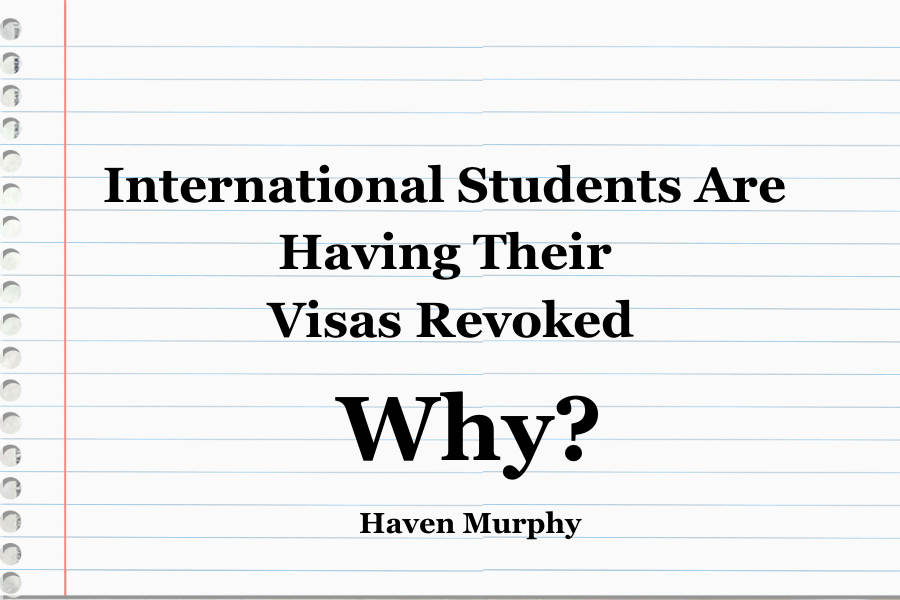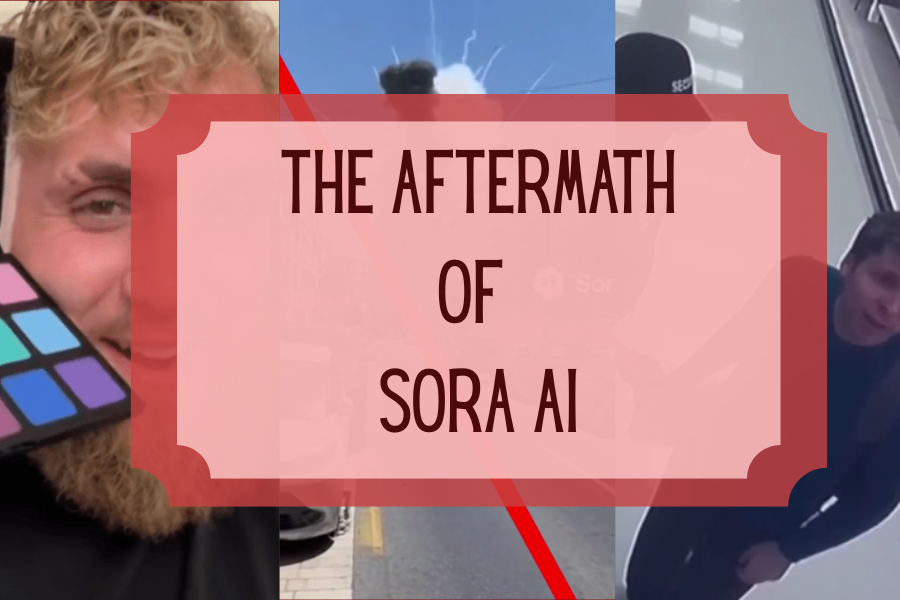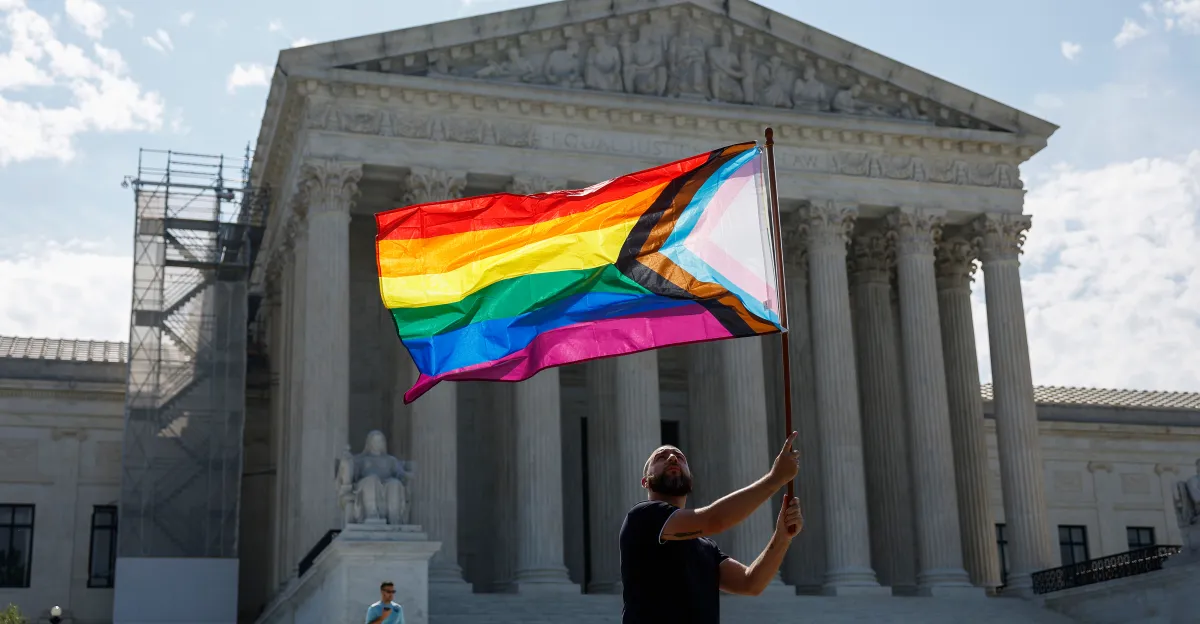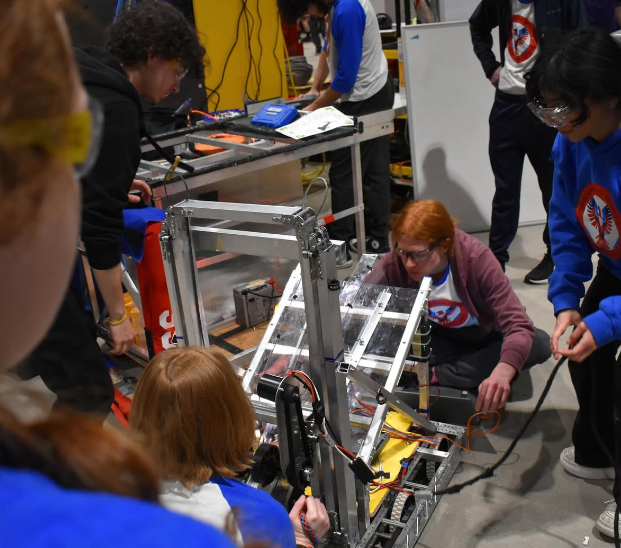Since early April, numerous international students attending colleges and universities around the United States have had their visas revoked, sparking concern from international and domestic students alike. April 10, 2025, around 300 recorded student visas were revoked. By April 23, that number skyrocketed to over 1,000. Many speculate that the sudden revocation of so many student visas is due to the Trump administration’s crack down on immigration. However, an npr article published by Adrian Florido states that: “In a major reversal, the federal government is restoring the records of hundreds, and possibly thousands, of international students whose entries in a crucial database the government had abruptly terminated in recent weeks, a move that had complicated their ability to stay in the country.” This is not the first time the current presidential administration has led a change that worries many and puts many in danger, only later to rescind or “temporarily” take back said change.
A student visa is a kind of government issued, non-immigrant visa that allows a student to study in another country for a specific amount of time, usually the duration of their study program. If a student visa is revoked, the visa is no longer valid and the student will no longer be able to enter the country. In the United States, if a student visa is revoked, the student is able to stay within the country to complete their studies. However, the policy varies from country to country. In Australia, the student is given a 28-day grace period to leave the country and will be declared an unlawful non-citizen.
Recently, students have been put in intense danger due to the government’s bludgeon upon student visas. In February, Russian scientist, Kseniia Petrova, student of Harvard Medical School was detained by ICE (Immigration and Customs Enforcement) and has been held in an immigration detention facility located in Louisiana. Petrova describes her holding conditions as, “always very cold,” “really very close together,” considering she is among 90 women held in one room that is “not supposed to keep 90 women.” The detaining and possible deportation of students, scientists and people does not just affect them, but also quite possibly every person in the nation and around the globe. An NBC article published by Jean Lee describes new images that could change cancer diagnostics. But, Petrova is the only Harvard scientist capable of analyzing the images, and she has yet to be released and possibly faces deportation to Russia, where she fears prosecution for protesting against the war in Ukraine.
The revocation of student visas is a threat to a free, diverse and democratic country. Nevertheless, many students and educational institutions have advocated for justice to remain safely in the country through lawsuits against the Trump administration.














